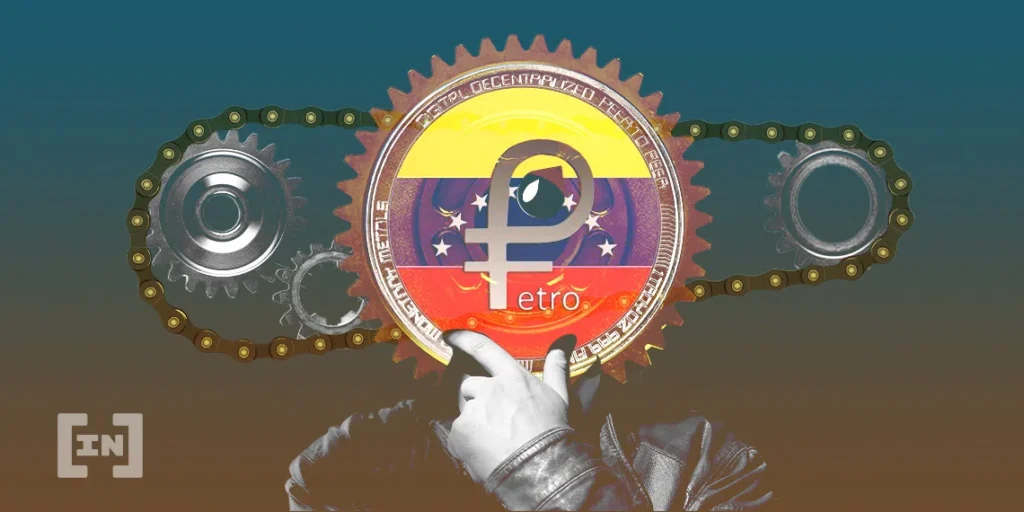Some of the biggest economic problems among developing countries are the lack of financial inclusion and high levels of inflation. But is Bitcoin a practical solution?
Regions like Latin America and Africa usually tend to have high inflation rates. According to Statista, the monthly inflation average level for South America for 2022 has been 11.22% and according to Trading Economics, the average inflation level for Africa in 2022 has been 7.5%
Cryptocurrency was created more than a decade ago when Bitcoin saw the light for the first time in 2008, with a current market cap of nearly $400 million.
According to ButBitcoinWorldwide.com there are 200 million Bitcoin wallets worldwide, 400,000 daily users and 53 million Bitcoin users in total.
The Case of El Salvador
El Salvador was the first country in Latin America to adopt Bitcoin as a legal tender 2021.
The economic situation of the country before the Bitcoin adoption was complex due to the high inflation levels and lack of financial inclusion.
According to Trading Economics the annual inflation rate for the country by Sept. was 7.49%
After one year of the adoption of Bitcoin in the country the surrounding opinions are mostly negative, according to the statistics provided by the El Salvador Chamber of Commerce at the beginning of 2022, with only 14% of the population using it.
One of the strongest critics to the BTC adoption within the country has been the lack of knowledge around what is Bitcoin? And how does it work?
The Case of the Central African Republic
The Central African Republic adopted Bitcoin as a legal tender in April following a decision taken by President Touadéra.
The president, along with the parliament, planned on launching a project called Sango, the first crypto hub on the continent.
CAR has been looking to have their own cryptocurrency under the Sango Project, the Sango Coin intended to create their own digital economic monetary system backed by Bitcoin.
According to Sango official website their objectives are to take Bitcoin to the next level and to create the first crypto island.
So Which Countries Could Adopt Bitcoin as Legal Tender?
In Latin America, Venezuela has been considered as a crypto friendly country, according to Triple A. Over 10.3% of their population invest in crypto, approximately 2.9 million people of the population.
The country has its own cryptocurrency called Petro, backed by their government and launched in Feb 2018.
The digital currency is backed by the oil and minerals reserves of their own country, being mostly used by the government.
The country has one of highest inflation rates in the Latin America region. According to Trading Economics, the inflation rate in Oct. was 1,946%
Mexico has also been considered as a contender to enter the crypto legal tender club. It has one of the most advanced tech policy law following the creation of alaw in March 2018. It also has influential backing of the important Mexican senator Indira Kempis.
In the Africa region, Nigeria has been considered as another of the potential countries that could adopt the cryptocurrencies as legal tender.
The economic situation in the country along with their fast level of Bitcoin adoption has placed Nigeria as a perfect candidate for being one of the next players in the crypto industry as a cryptocurrency legal tender.
Their local currency, the Naira, has depreciated 209% in recent years and according to Trading Economics their inflation rate for Sept. was 20.77%
Is Bitcoin a Possible Fix for Inflation?
Inflation is one of the biggest problems among the economies worldwide, as mentioned previously. Latin America and Africa are one of the regions with the highest inflation rates worldwide.
Bitcoin brings a new monetary system based on the ideas of no intermediaries and decentralization.
But is it possible that cryptocurrency could be a solution to inflation issues?

Partially the answer is yes, thanks to the different characteristics of stablecoins such as USDT and USDC among others.
In opposition to the traditional economic monetary system that prints money while growing indefinitely, the deflationary economic system of Bitcoin is due to its maximum circulating supply of 21 million coins.
What Do the Experts Think?
Marcos Bravo Catalan, Founder of Beps Global Consultants says, “Latin America is one of the most complex regions, when we talk about macroeconomic problems, with high inflation ratings and massive lack of financial inclusion levels, the cryptocurrency world offers a lot of possibilities for the people on different countries among the continent”
Maria Mercedes Etchegoyen, Lawyer and Founder of Cryprogirls says, “Bitcoin has been helping people around the world while working as a new payment method system. Those countries with high inflation, corrupt governments and with high levels of regulations are the ones that I think have more chances of adopting cryptocurrencies as legal tender.”
What Will the Future Hold?
It’s difficult to know which country will be the next to adopt Bitcoin as a legal tender, but there are two economic factors that are common in countries that have led to its adoption: high inflation rates and lack of financial inclusion.
Following the case of El Salvador, education is a key factor in the adoption of Bitcoin or any other cryptocurrency. For that adoption to become a success, the population will need to understand what cryptocurrencies are, and, crucially, how they work.
Disclaimer
All the information contained on our website is published in good faith and for general information purposes only. Any action the reader takes upon the information found on our website is strictly at their own risk.


